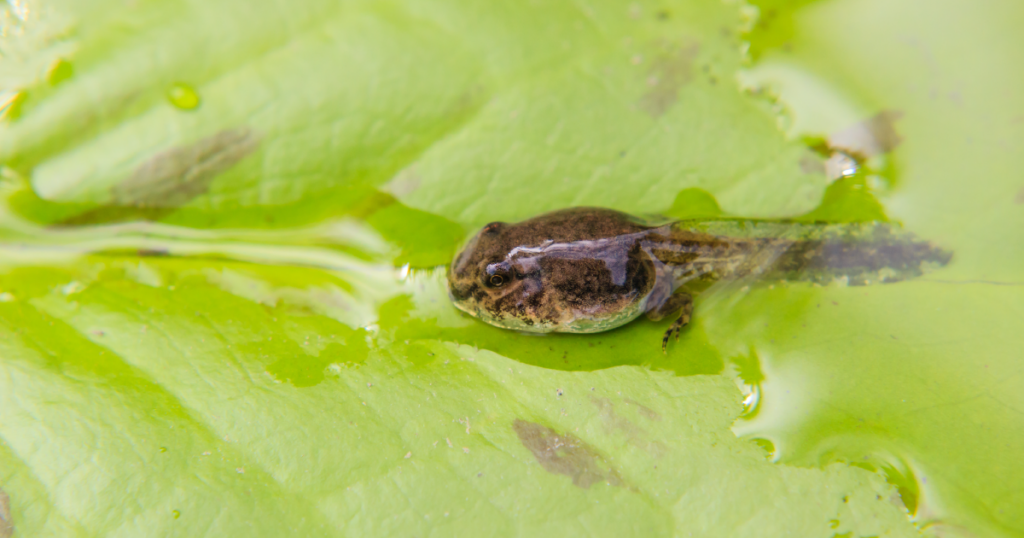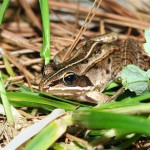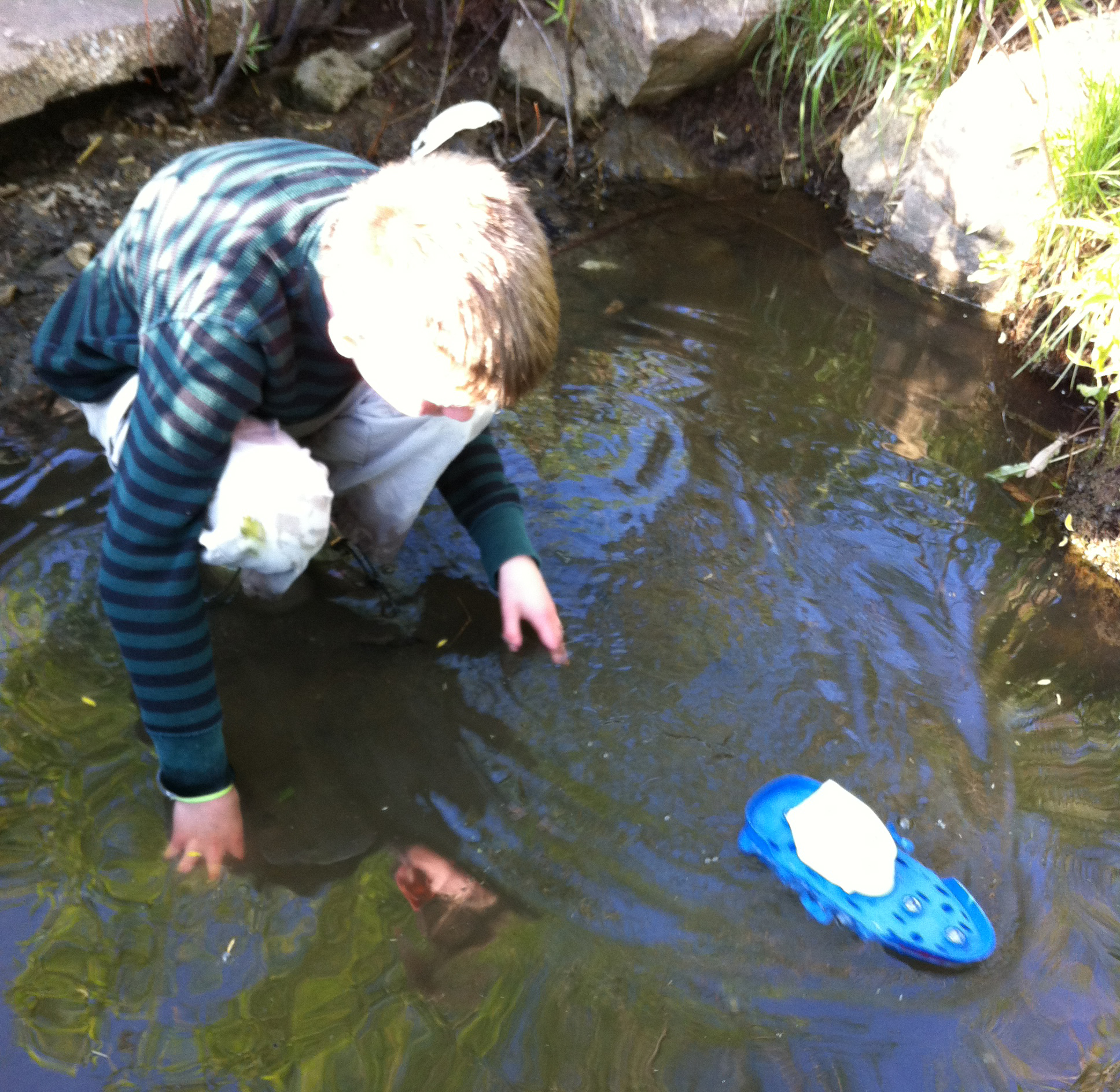
Amphibians are the most threatened vertebrate class worldwide. Because they lack the ability to regulate their own temperature and moisture levels, climate change is playing a significant role in this growing peril (1). Climate change impacts amphibian survival in several ways. In addition to habitat loss, growing drought conditions make maintaining body moisture levels challenging and warming temperatures restrict activity periods needed for reproduction as well as increasing the risk of heat stress.
Heat tolerance varies by species, and understanding what influences these differences could help predict species survival. The gut microbiota is known to affect a wide range of functions in host animals, and recently studies have begun to investigate its role in host thermal tolerance (2).
Continue reading “For Frogs, Surviving the Heat Could Come Down to What Is in Their Gut” One of the hallmarks of the arrival of Spring in Wisconsin is the cacophony of evening croaks and calls from the Spring Peepers and Chorus frogs. Indeed frogs and toads are ubiquitous around the globe, and many of us who have become life scientists (even those of us who have relegated ourselves to the world of macromolecules, cell signaling networks, and nucleic acids) probably spent some time in our childhood chasing and catching frogs.
One of the hallmarks of the arrival of Spring in Wisconsin is the cacophony of evening croaks and calls from the Spring Peepers and Chorus frogs. Indeed frogs and toads are ubiquitous around the globe, and many of us who have become life scientists (even those of us who have relegated ourselves to the world of macromolecules, cell signaling networks, and nucleic acids) probably spent some time in our childhood chasing and catching frogs. The worst part was I knew I had only myself to blame.
The worst part was I knew I had only myself to blame. 